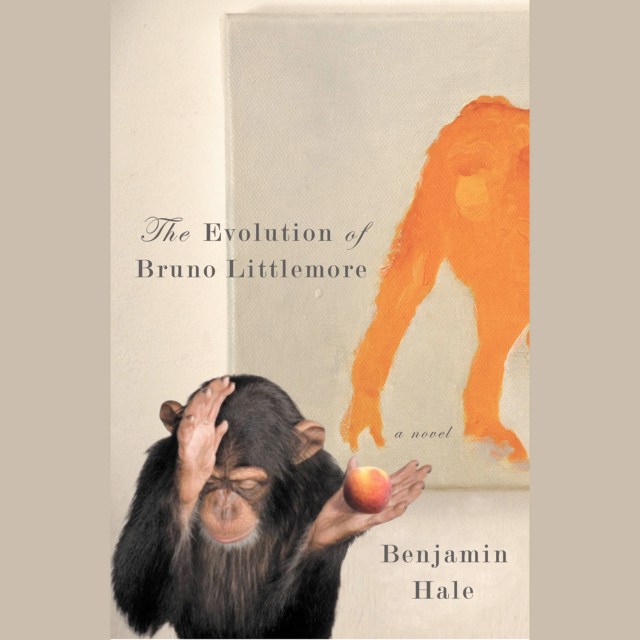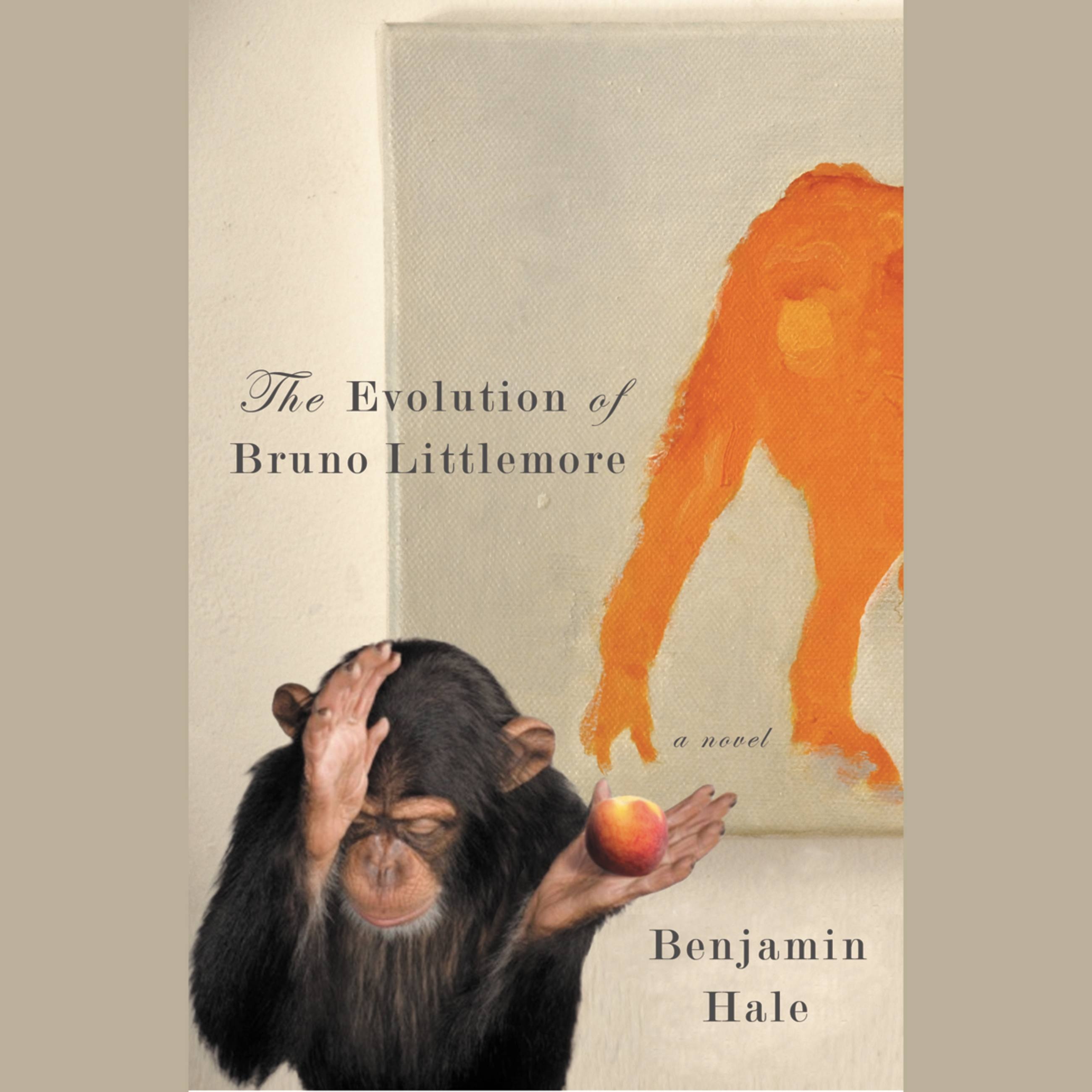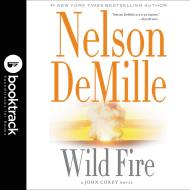Promotion
Use code BESTBOOKS24 for 25% off sitewide + free shipping over $35
By clicking “Accept,” you agree to the use of cookies and similar technologies on your device as set forth in our Cookie Policy and our Privacy Policy. Please note that certain cookies are essential for this website to function properly and do not require user consent to be deployed.
The Evolution of Bruno Littlemore
Contributors
Read by Robert Petkoff
Formats and Prices
Format
Format:
- Audiobook Download (Unabridged)
- ebook $7.99 $9.99 CAD
- Trade Paperback $25.99 $33.99 CAD
This item is a preorder. Your payment method will be charged immediately, and the product is expected to ship on or around February 2, 2011. This date is subject to change due to shipping delays beyond our control.
Also available from:
Bruno Littlemore is quite unlike any chimpanzee in the world. Precocious, self-conscious and preternaturally gifted, young Bruno, born and raised in a habitat at the local zoo, falls under the care of a university primatologist named Lydia Littlemore. Learning of Bruno’s ability to speak, Lydia takes Bruno into her home to oversee his education and nurture his passion for painting. But for all of his gifts, the chimpanzee has a rough time caging his more primal urges. His untimely outbursts ultimately cost Lydia her job, and send the unlikely pair on the road in what proves to be one of the most unforgettable journeys — and most affecting love stories — in recent literature. Like its protagonist, this novel is big, loud, abrasive, witty, perverse, earnest and amazingly accomplished. The Evolution of Bruno Littlemore goes beyond satire by showing us not what it means, but what it feels like be human — to love and lose, learn, aspire, grasp, and, in the end, to fail.
-
In this account by a chimpanzee who ascends the evolutionary ladder, first-novelist Hale explores what it means to be human. Nine years into captivity after committing a murder, Bruno-24 years old, hairless, with his spine straightened by bipedal standing, and his surgically fashioned, humanoid nose-dictates his memoirs, having become proficient at speech, reading, and visual arts. His first name was given to him at Chicago's Lincoln Park Zoo where he was born, his second is taken by him from researcher Dr. Lydia Littlemore, who tests him and with whom he comes to share a home and a deep, and eventually sexual, love. Motivated by his love for Lydia and language, Bruno soon lives and functions as a human, becoming an assault on those who consider humans unique, and his blissful relationship with Lydia spawns hatred. Like his protagonist, Hale clearly loves language, using words with precision (likely to send readers to a dictionary) and for play, as when Lydia, when happy, "chortled up the engine" to start her car. With its exuberantly detailed sex between species and its concept that human cognizance of death leads to superstition and religion, this novel is likely to offend some readers, while others will find it holds a remarkable, riotous mirror to mankind.Booklist (Starred Review)
-
"Hale's novel is so stuffed with allusions high and low, so rich with philosophical interest, that a reviewer risks making it sound ponderous or unwelcoming. So let's get this out of the way: THE EVOLUTION OF BRUNO LITTLEMORE is an absolute pleasure. Much of the pleasure comes from the book's voice . . . There is a Bellovian exhuberance befitting a Chicago-born autodidact . . . There's also great pleasure in the audacity of the story itself. THE EVOLUTION OF BRUNO LITTLEMORE announces that Benjamin Hale is himself a fully evolved as a writer, taking on big themes, intent on fitting the world into his work. Hale's daring is most obvious in his portrayal of the relationship between Bruno and Lydia, which eventually breaks the one sexual taboo even Nabokov wouldn't touch . . . Ultimately the point of these scenes is not to shock us but to ask what fundamentally makes us human, what differences inhere between a creature like Lydia and a creature like Bruno that disqualify the latter from the full range of human affection."Christopher Beha, New York Times Book Review
-
"One very evolved human, Benjamin Hale has evoked, in his first novel, the miracle of Bruno Littlemore, the world's first talking chimpanzee . . .This chimp not only speaks English, he's as sensitive and charming, as brilliant and learned, as any human alive . . . One need only read a few pages to be swept up by the grandeur of Hale's ebullient prose . . . It's Bruno's distinct voice, more than debating points, that wins us over . . . With his primary Chicago setting, engrossing storytelling, unabashed braininess, prediliction for eccentric characters, and long, looping, wonderfully evocative sentences, Hale reminds me of no writer so much as Saul Bellow. But he's got a bold, rick-taking, off-center view of the world all his own . . Adventure tale, love story, science fiction, novel of ideas - this one's got it all."Dan Cryer, Newsday
-
"Bruno Littlemore is one of the most outrageous, vivid characters to populate a page in American fiction in a long time. . . . It's not only a roaring good tale, it's a wonderful musing on the nature of humanness and our relationship to the other species with which we share the planet . . . Hale's sense of humor is often ribald, and the human characters Bruno encounters during his adventures are richly drawn and often eccentric. The descriptions are clearly informed by a deep fondness, and that is the overriding tone of Bruno's narrative: love."The Baton Rouge Advocate
-
"Imagine, for a moment, a future in which animals are accorded the same rights as humans, a society in which cattle ranchers, research scientists and pet owners are regarded with an antipathy we now reserve for eugenicists and slave traders. In the graduate literature seminars of this future, Benjamin Hale's debut novel, "The Evolution of Bruno Littlemore," would be hailed as a brave and visionary work of genius . . . This interspecies coming-of-age story - in which a chimpanzee acquires language and attempts to make his way through human society - would be taught alongside "Animal Farm," the works of Temple Grandin and JM Coetzee's Elizabeth Costello. For readers of the present day, THE EVOLUTION OF BRUNO LITTLEMORE offers a touching and quirky story of identity formation, a brash, glittering, engaging yarn that pushes past opposable thumbs, universal grammar and bipedal ambulation to the pulsing heart of our fair species. The novel's narrator and semi-reluctant hero announces himself with a flourish . . . Erudite and affected, bitter, brilliant and lonely, Bruno's narrative voice self-consciously echoes many of the 20th century's most memorable narrators . . . THE EVOLUTION OF BRUNO LITTLEMORE is a major accomplishment. A lively page-turner that asks the big questions head on and doesn't shy away from controversy, Hale's first novel is a noisy, audacious and promising debut."San Francisco Chronicle
-
"We've finally got a book to screech and howl about. Benjamin Hale's audacious first novel, "The Evolution of Bruno Littlemore," is a tragicomedy that makes you want to jump up on the furniture and beat your chest . . . "The Evolution of Bruno Littlemore" is a brilliant, unruly brute of a book - the kind of thing Richard Powers might write while pumped up on laughing gas . . . When the novel's antics aren't making you giggle, its pathos is making you cry, and its existential predicament is always making you think. No trip to the zoo, western Africa or even the mirror will ever be the same . . . funny, sad and shocking . . . extraordinary intellectual range. . . But just when you want to stuff this chimp back in his cage, he comes up with some unforgettable new adventure, like his off-off-Broadway production of "The Tempest" that's absolutely transporting. So let Bruno run free. He's got a lot to tell us, and we've got a lot to learn."Ron Charles, The Washington Post
-
"This is not a book for the squeamish. There is bestiality, and rape, and what one might consider an incestuous relationship. Let's acknowledge that upfront, but then move on. If you let this be an excuse for not reading the book, you're missing out on one of the more effusive and unrestrained works of fiction in years . . . It's Bruno's voice that gives this novel the complexity and life it deserves. His stories, although not always reliable, are always abundantly full of the mysteries of humanity."Minneapolis Star-Tribune
-
"Ambitious . . . it throbs with energy and boils with passion as it expresses a dark vision of our essential nature that strikes uncomfortably home."Los Angeles Times
-
"Powerful . . . a debut novel short on arrogance or pretention, but full of confidence and life . . . Yet, despite Bruno having the most romantic narrative voice since Humbert Humbert, he lacks that definitive trait that comes with lived-in humanity: humility. By giving us a narrator with so much passion, and so few successes in acting on it, Hale has created one of the most tragic literary heroes in recent memory . . . Their first sexual encounter is one of the most suspenseful and cringe-worthy moments I've read in recent fiction. I prayed for them to stop, and thrilled that they gave in . . . Hale is communicating something very sophisticated in how Bruno comes to learn to express himself, but not the world around him . . . We have to give Bruno-and Hale-credit for delivering a story like this through sheer force of will . . . Good for Bruno, and for Hale for delivering him to us-I'd rather have a monkey with multitudes than a human with platitudes any day."The Millions
- On Sale
- Feb 2, 2011
- Publisher
- Hachette Audio
- ISBN-13
- 9781607886891
Newsletter Signup
By clicking ‘Sign Up,’ I acknowledge that I have read and agree to Hachette Book Group’s Privacy Policy and Terms of Use







